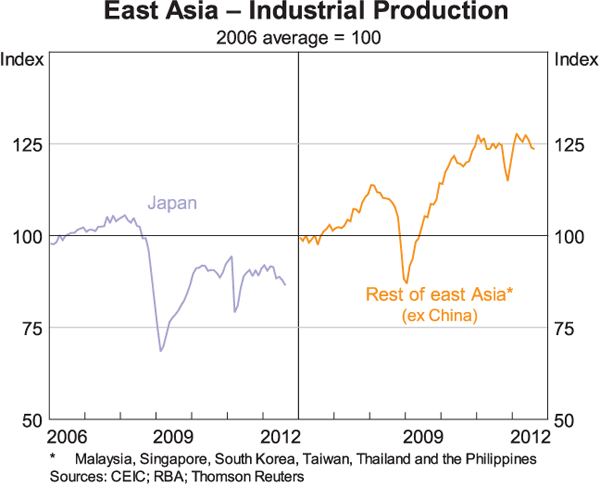Genesis Capital Reveals Why Commercial Mortgage Backed Securities Are Doing So Well
Post on: 20 Июль, 2015 No Comment

San Francisco, CA (PRWEB) January 25, 2013
The commercial mortgage backed securities (CMBS) market had an outstanding rally in 2012, driven by tighter spreads, increased issuance, and higher demand. Genesis Capital explores what caused these favorable conditions for the CMBS market and considers whether the trend can continue through 2013.
Looking at issuance of new CMBS the forecast for 2012 was $ 38 billion, however there were actually $ 48 billion in new CMBS issued. Spreads from bonds to swaps tightened significantly, with the 10 year AAA spread ending at just 90 compared with a forecast of 140. Even new issue BBB spreads benefited, with spreads ending up at 410 versus a forecasted 587 (forecasts are averages based on data from Commercial Mortgage Alert). Tightening spreads were also seen in the existing CMBS issues.
CMBS issuance topped in excess of $ 220 billion in 2007, and then dropped into almost non-existence in 2008 and 2009. While the issuances are now continuing to grow, the market is by far smaller than it once was. CMBS are a security backed by pools of mortgages broken up into tranches based on risk.
The tightening of swap spreads shows the strength of the CMBS market and the huge increase in demand versus supply. While supply has been increasing as financial institutions scramble to provide more of the sought after CMBS products, we dont feel that supply will catch up with demand in 2013, said Terry Robinson, president of Genesis Capital.
Three reasons stand out as the drivers of tightening CMBS spreads. The first is the huge amount of CMBS products purchased by the Federal Reserve as part of its quantitative easing program. Added to this demand was the large number of investors coming into CMBS searching for improved yields. The Fed plans to continue quantitative easing throughout 2013 and yields on bonds should remain low, allowing this trend to continue in full force.
The second factor is the diminishing supply of CMBS. Mortgage payoffs are greater than new issues and look to remain that way. 2012 saw a net negative supply in CMBS of roughly $ 25 billion. All of the money that was invested in CMBS is coming back to the investors and needs to be reinvested. Demand is high, while supply is still lagging, causing tighter spreads and higher prices.

The third factor is the one that was unanticipated and most surprising. Because of the two factors mentioned above, borrowing costs for commercial real estate owners have been dropping, allowing them to access larger loans and refinance many loans that were thought to be underwater and not refinancable just 2 years ago. This increase of loan payoffs and decrease in the default rate is drawing in some investors. This increased optimism is also driving up the prices and tightening spreads for legacy and new CMBS issues.
The lower financing costs and increased investor interest also has the effect of increasing liquidity in the CMBS market. More liquidity leads to more activity in the market and increased investor confidence. This is turn can help with values of commercial real estate, can increase potential profits from the loans, and fosters tight bond spreads. As you can see, each part is feeding into another, creating a virtual cycle; the exact opposite of what was experienced in prior years when commercial real estate seemingly fell off a cliff.
All of these factors taken together show promise for the CMBS market in 2013. Until supply catches up with demand, expect prices to continue rising, spreads to tighten further, and the CMBS market to have another stellar year.
About Genesis Capital
Genesis is a dynamic nationwide network of seasoned commercial real estate and financial professionals that believe in the potential of todays market. Our members source assets directly from Banks, Servicers, Lenders and Private Clients. The members of Genesis have participated in commercial real estate transactions totaling nearly $ 7 billion.














